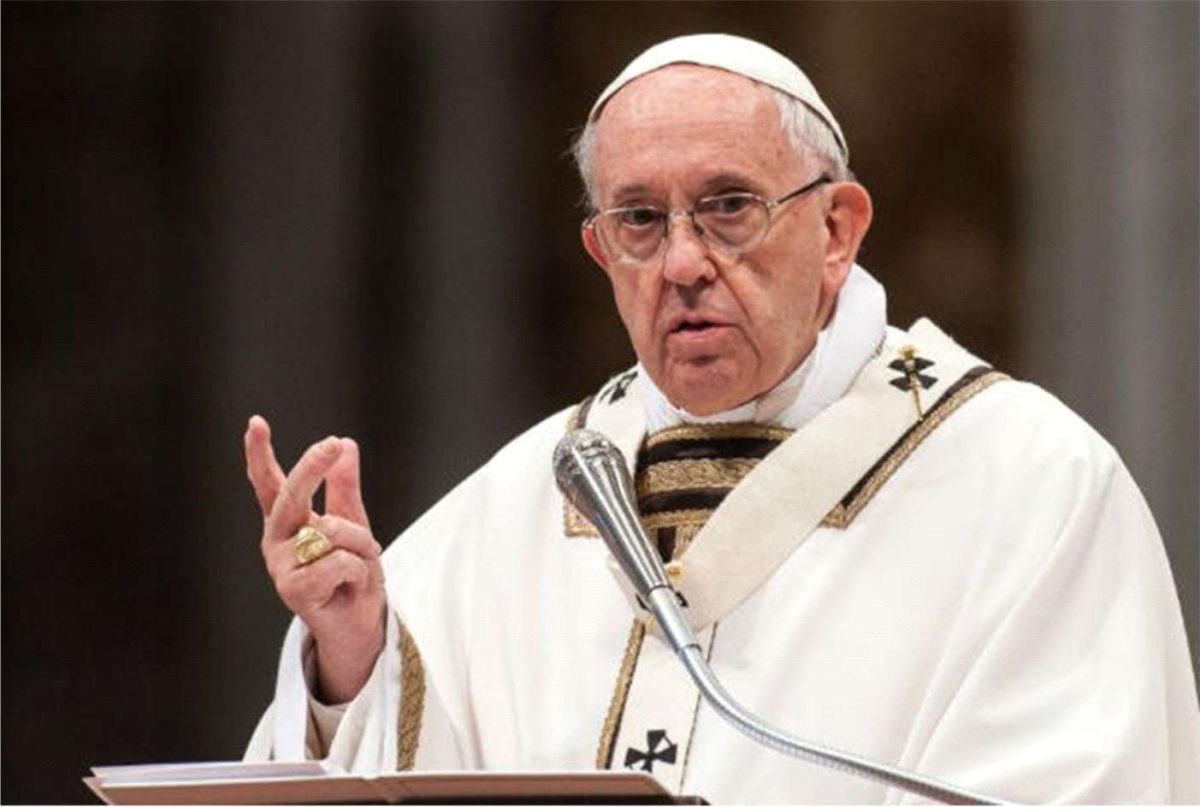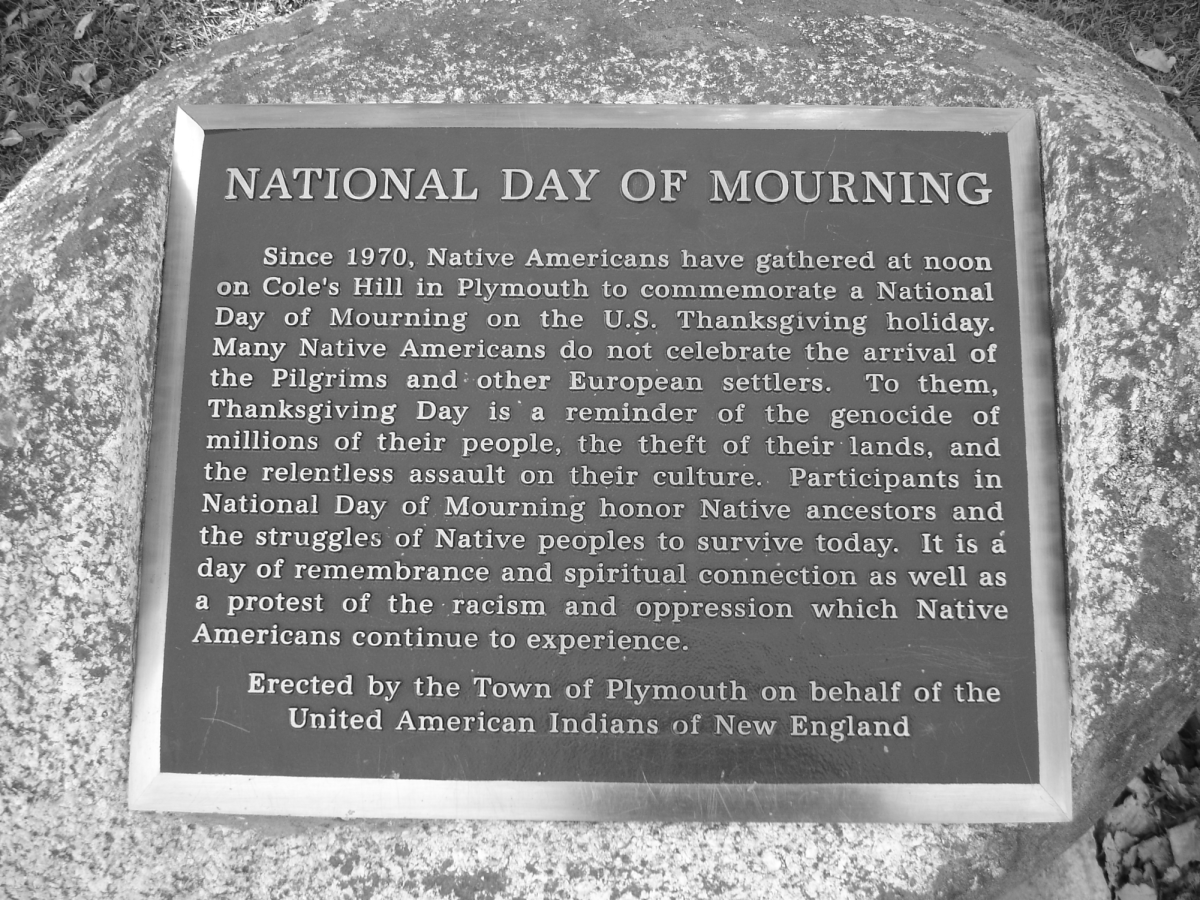Renowned and beloved leader of the Catholic Church, Jorge Mario Bergoglio, known to the world as Pope Francis, passed away at 88 on April 21st after serving the catholic church for over 65 years. Through his duration of service, Pope Francis became one of the most notorious, and iconic Catholic leaders, by advocating for controversial political concerns—some being in particular, poverty, social justice, peace reconciliation, interfaith conflicts, and immigration policy. Pope Francis’s views and opinions were widely respected around the world. His passing marks the end of an era, but his influence and the principles he championed will continue to resonate within the Church and beyond.
In his early years of adulthood, Jorge Bergoglio attended The Maximum College of St Joseph, located in San Miguel, Buenos Aries, Argentina, where he earned a bachelor’s degree in theology, a master’s degree in psychology, and a bachelor’s degree in philosophy. After a total of ten years in college, Jorge was ordained as a Priest on December 13, 1969, as his first role in the catholic church, provided by Parish of San Jose de Flores; a church based in Buenos Aires, Argentina.
During Jorge’s time in Buenos Aires, he used his extended education of psychology and theology in his teachings making him locally regarded for his in-depth wisdom and understanding of spiritual maturity. Jorge Bergoglio was highly driven by his passion for faith and dedication to teaching. While growing up in Argentina Jorge found motivation and inspiration from his community – being deeply affected by the political turmoil and social inequalities of his country. He was spirited by a desire to address the injustices he saw around him. During the 1970s Jorge became Provincial Superior of the Jesuits in Argentina, making him responsible for education, missionary work, and intellectual tradition among all Catholic churches in Argentina.
After years of administrating Jesuits in Argentina, Jorge continued to move further up in honor of the Catholic church. Jeorge became an appointed auxiliary bishop of Buenos Aries. With his bishop position, Jorge worked closely with poor communities seeing a sincere connection between faith and social justice. He often linked the suffering of the poor with the Gospel message of solidarity, compassion, and love for one’s neighbor. During his duration as auxiliary bishop Jorge often visited a small community called Villas Miserias, — an extremely low-income community located on the outskirts of Buenos Aries. Jorge would visit this area and build relationships with the people living in the community, offering spiritual and comfort pastoral care.
Jorge served as an auxiliary bishop for 25 years until 2013 when he was proudly elected by the College of Cardinals during the 2013 papal conclave, as the supreme pastor at Catedral Metropolitana de Buenos Aires, where Jorge became the 266th Pope in the roman Catholic church, where he earned his famous name Pope Francis after Saint Francis of Assisi – a devoted catholic saint who lived in 1181, representing humility, poverty, and compassion for the poor.
Shortly after his election, Pope Francis released his first apostolic exhortation, “Evangelii Gaudium” (“The Joy of the Gospel”). A document to push the Emphasis to welcome and accept all to the Catholic church. Pope Francis also urged the Church to be less focused on “rules and doctrines” and more focused on spreading the love and mercy of Jesus Christ; “The Church’s pastoral ministry is not to be a ‘maintenance’ of the status quo, but a ‘missionary’ outreach, one that shows the mercy and love of God for all, especially for the poor and marginalized.”
(Evangelii Gaudium, 27)
Pope Francis’s legacy stands as a powerful testament to his devotion to faith, compassion, and social justice. His remarkable journey, from his early years in Buenos Aires to becoming the leader of the global Catholic Church, reflects a deep commitment to addressing the issues that matter most to humanity. His life was marked by a profound connection between faith and action, whether it was through his pastoral care for the poor communities of Buenos Aires, his call for mercy and reconciliation, or his relentless advocacy for the marginalized around the world. Pope Francis continually encouraged the Church to focus not on maintaining traditions but on embodying the mercy and love of Jesus Christ, and ensuring that the Church was a welcoming, compassionate home for all, making Pope Francis one of the most beloved and influential roman catholic leaders of the modern world.









